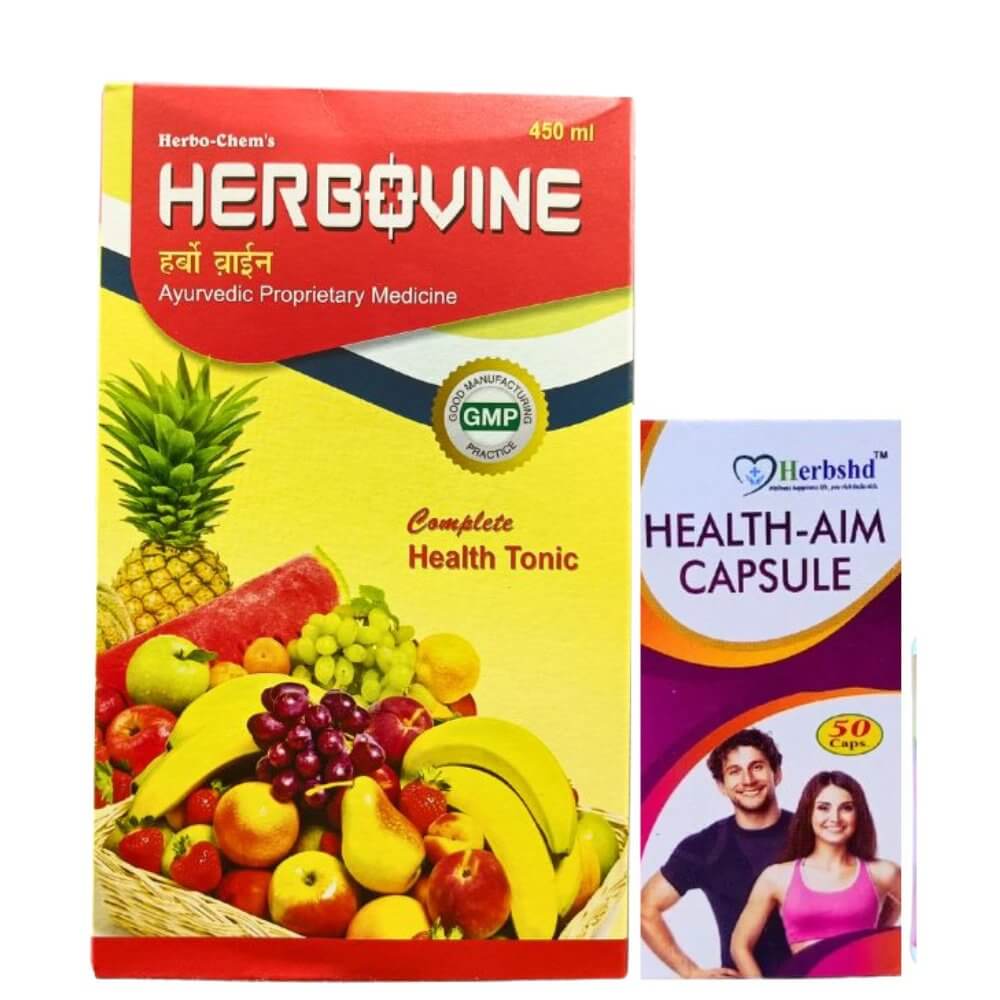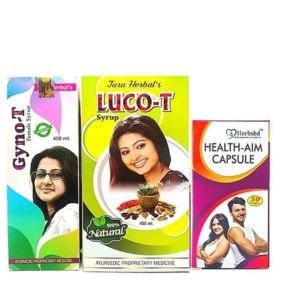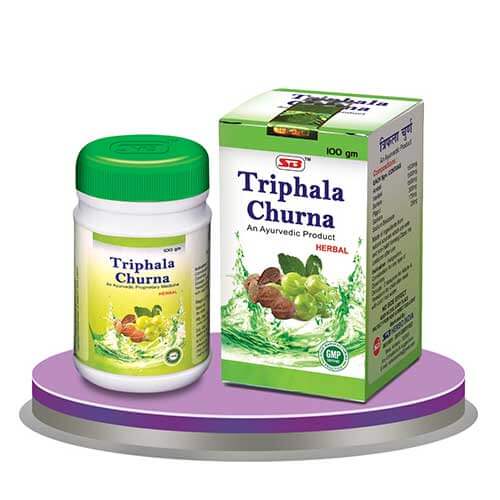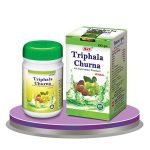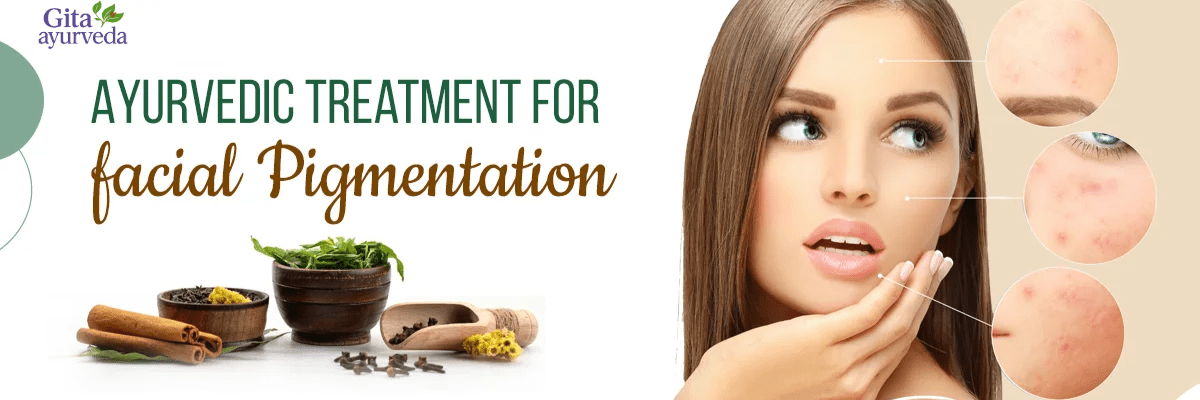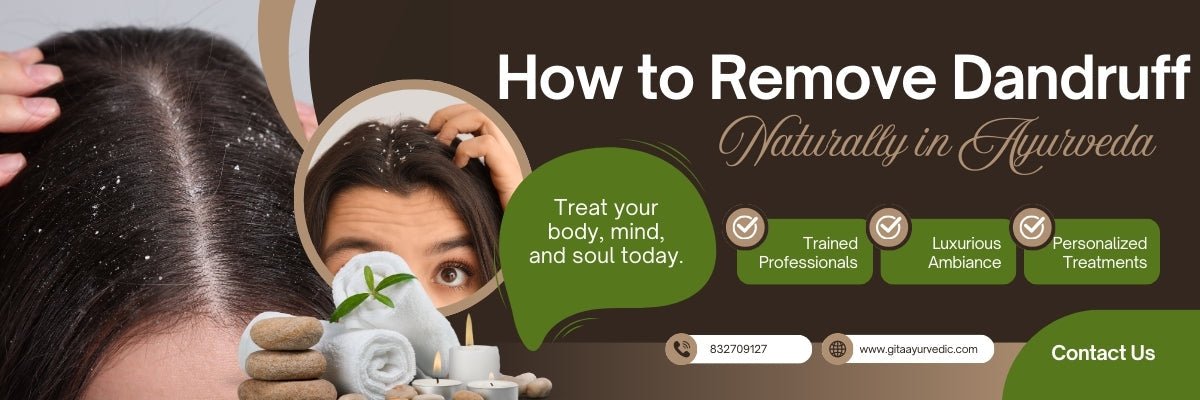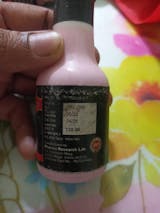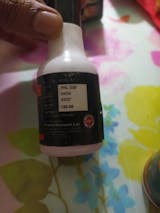What is Ayurvedic treatment?
Arshas, commonly known as piles, is a medical condition characterized by swollen and inflamed veins in the anus or rectum. These veins can become enlarged and painful, leading to discomfort, itching, bleeding, and sometimes even protrusion of the swollen tissue from the anus.
The condition is quite common and can affect individuals of all ages, though it is more prevalent in older adults. Piles can be caused by various factors, including constipation, straining during bowel movements, prolonged sitting or standing, obesity. In some cases, hereditary factors may also play a role.
Symptoms of piles may include:
1. Pain or discomfort around the anus.
2. Itching or irritation in the anal region.
3. Bright red blood in the stool or on toilet paper.
4. Swelling or lump around the anus.
5. Leakage of feces.
6. Painful bowel movements.
7. Mucus discharge.
Treatment for piles depends on the severity of the condition. Mild cases often improve with simple lifestyle changes, such as consuming a high-fiber diet, drinking plenty of water, and avoiding straining during bowel movements. medications like creams, ointments, and suppositories may also help relieve symptoms.
Can piles permanently cured by Ayurveda?
According to the Ayurvedic scriptures, piles can be treated, if you can maintain a healthy dietary regime that should include amalaki, papaya and jamrul, but not excessive starch-containing foods like potato and pumpkin.
What are the symptoms of Arshas in Ayurveda?
Pain in the region of the heart and flanks, delusion, vomiting, diffuse pain all over the body, fever, thirst, suppuration (ulceration) of the rectum -these symptoms kill the patients of arshas. Read – How To Make Prognosis Of Disease According To Ayurveda.
Arshas (Piles)How to treat Arshas in Ayurveda?
In Ayurveda, the traditional system of medicine originating from India, the treatment of Arshas (piles) focuses on a holistic approach that includes dietary and lifestyle modifications, herbal remedies, and certain therapies. Here are some Ayurvedic recommendations for treating piles :
Dietary changes: Ayurveda emphasizes a high-fiber diet to prevent and manage constipation, which is a common cause of piles.vegetables, whole grains, and legumes to ensure regular bowel movements. Avoid processed and spicy foods that may aggravate the condition.
Stay hydrated: Drink an adequate amount of water throughout the day to keep your stools soft and avoid constipation.
Triphala: Triphala is an Ayurvedic herbal formulation consisting of three : Amalaki (Indian gooseberry), Bibhitaki (Bahera), and Haritaki (Chebulic myrobalan). It is commonly used to improve digestion and regulate bowel movements.
Guggul: Guggul is a resin extracted from the Commiphora mukul tree and is known for its anti-inflammatory properties. It can be beneficial in reducing inflammation and swelling associated with piles.
Haritaki (Terminalia chebula): Haritaki is known for its laxative and astringent properties. It can help relieve constipation and reduce the size of piles.
Herbal pastes and ointments: Local application of herbal pastes or ointments made from ingredients like neem, aloe vera, turmeric, and sesame oil may help reduce itching, inflammation, and discomfort.
Sitz baths: Taking warm sitz baths by sitting in a tub of warm water for about 10-15 minutes can help soothe the affected area and reduce pain and inflammation.
Yoga and Pranayama: Certain yoga postures and breathing exercises can improve blood circulation and alleviate symptoms of piles. However, it is essential to practice them under the guidance of a qualified yoga instructor.



